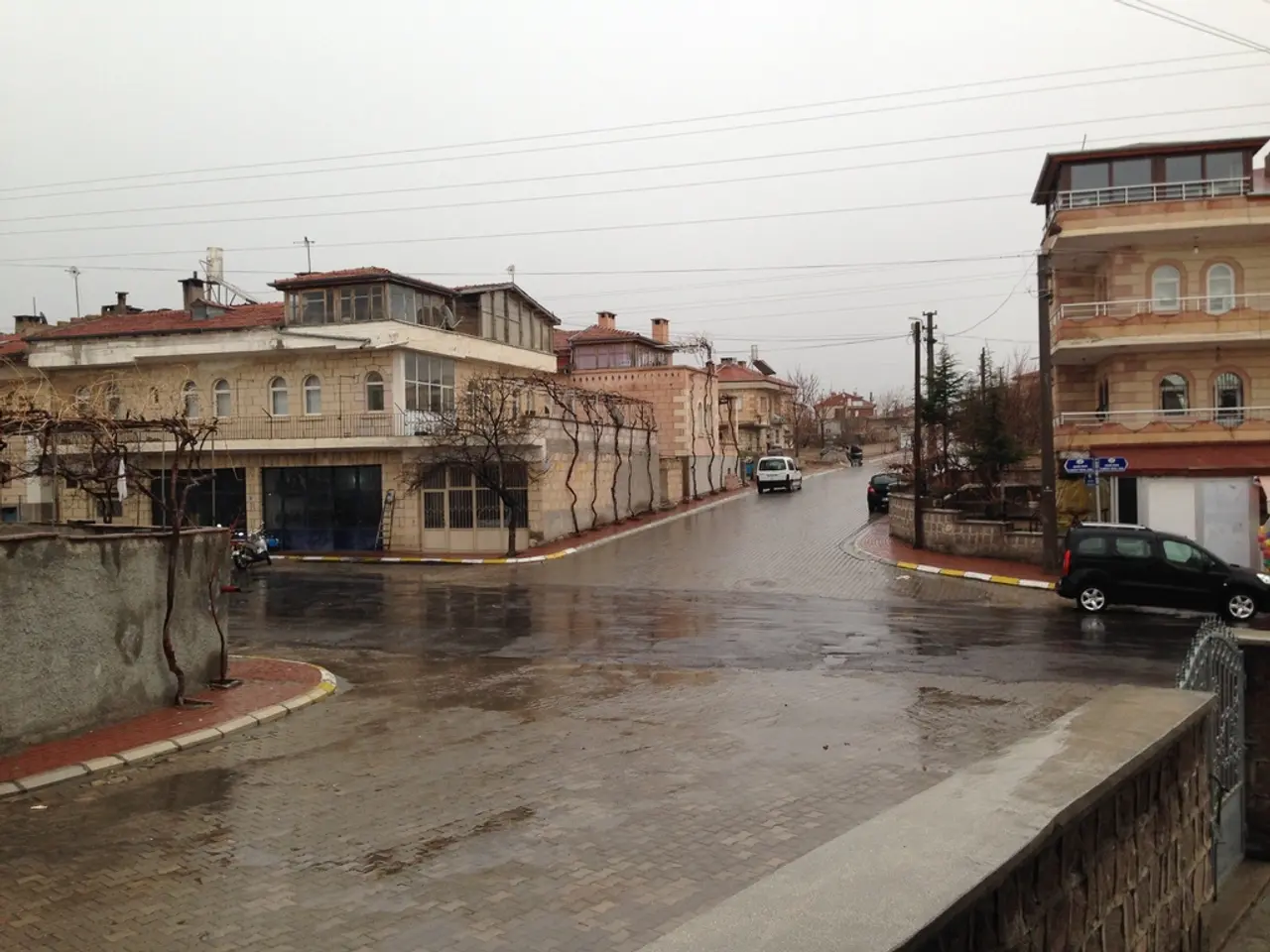Assessing the Fit: Are the newly appointed commissioners capable of advancing electric mobility?
In a significant development, Ursula Von der Leyen has been re-elected as the President of the European Commission, and her chosen team of 26 commissioners for the new five-year term has been finalised. The new Commission features additional Executive Vice-Presidents, including Henna Virkkunen, Stéphane Sejourné, Kaja Kallas, Roxana Mînzatu, and Raffaele Fitto.
One of the key appointments is Teresa Ribera, who has been named as the Executive Vice-President of the European Commission for Clean Transition. As the Third Vice-President and Minister for Ecological Transition and Demographic Challenge in Spain, Ribera has been a fundamental advocate for electromobility in Europe and has driven regulations such as the Climate Change and Energy Transition Law. Under her leadership, decarbonization initiatives like the National Energy and Climate Plan have been implemented.
Wopke Hoekstra will take on the Climate and Clean Growth portfolio, while Andrius Kubilius focuses on Defence and Space. Glenn Micallef will oversee Intergenerational Fairness, Culture, and Youth, and Dan Jørgensen will lead Energy and Housing. Ekaterina Zaharieva will manage Research and Innovation, Michael McGrath will handle Democracy and Rule of Law, and Christophe Hansen will be in charge of Agriculture and Food.
Apostolos Tzitzikostas, the Governor of Central Macedonia, has been appointed to lead the Transport and Tourism portfolio. He will drive the development of necessary infrastructure for Electric Vehicles (EVs) and contribute to the European Union's climate goals. Tzitzikostas will also be responsible for managing transport policies, integrating electric mobility solutions into public and private transport systems.
Jozef Síkela, the Minister of Industry and Trade in the Czech Republic, is set to become the Commissioner for International Partnerships. Síkela has become a central figure in the push for sustainable transportation, with a strong focus on the promotion of electromobility. He will lead the work on the Global Gateway, fostering mutually beneficial partnerships that invest in a shared future.
Maroš Šefčovič, a seasoned Slovak diplomat, has been appointed to a dual role as Commissioner for Trade and Economic Security, and for Interinstitutional Relations and Transparency. Šefčovič played a vital part in securing a one-off extension until 2026 for the current rules regarding EU-UK rules of origin for electric vehicles and batteries. His new portfolio will include overseeing customs policy and reporting directly to the President of the European Commission.
In addition, Hadja Lahbib focuses on Crisis Management, Magnus Brunner will manage Internal Affairs and Migration, Jessika Roswall will handle Environment and Circular Economy, and Piotr Serafin will oversee Budget and Public Administration. Dubravka Šuica is responsible for Mediterranean affairs, and Olivér Várhelyi leads Health and Animal Welfare in the new European Commission.
Marta Kos has been nominated for Enlargement, Costas Kadis oversees Fisheries and Oceans, and Maria Luís Albuquerque will lead Financial Services. Valdis Dombrovskis handles Economy, Productivity, and Simplification in the new European Commission.
Lastly, Síkela announced 3 billion euros in financial support to boost Europe's sustainable battery production, further emphasising the Commission's commitment to a cleaner and more sustainable future. The College of Commissioners for Ursula Von der Leyen's new term consists of 26 commissioners, each bringing unique skills and experiences to the table, ready to shape the future of Europe.
Read also:
- Nightly sweat episodes linked to GERD: Crucial insights explained
- Antitussives: List of Examples, Functions, Adverse Reactions, and Additional Details
- Asthma Diagnosis: Exploring FeNO Tests and Related Treatments
- Unfortunate Financial Disarray for a Family from California After an Expensive Emergency Room Visit with Their Burned Infant








